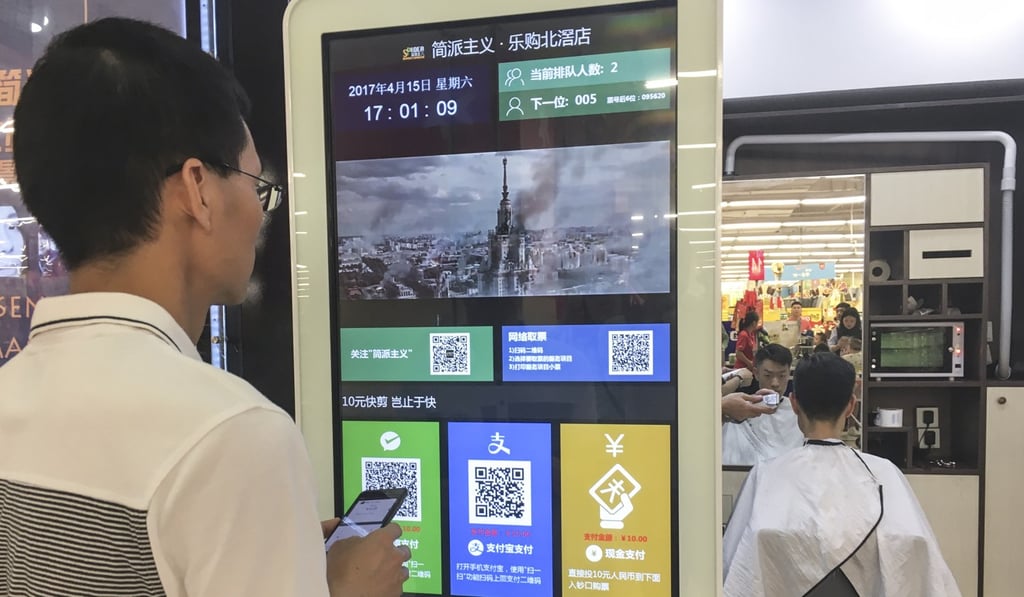What’s holding Hong Kong back from becoming a smarter city?
Despite pushing residents to embrace technology, officials have failed to show strong leadership and vision, critics say

At a restaurant in the bustling Chinese city of Guangzhou, Adam Tsui Ho-wai holds up a queue as he fumbles with his wallet looking for cash to settle his bill. The cashier and fellow customers waiting to pay with their smartphones are clearly not impressed.
But in Hong Kong, where officials seek ways to craft a smarter lifestyle that is more digitally connected, residents are not yet reaching for their e-wallets.

“You don’t really need technology to survive in Hong Kong,” observes Tsui, 30, a translator based in the city who was born and raised on the mainland. “But it’s a totally different story across the border.”
Smart city blueprint